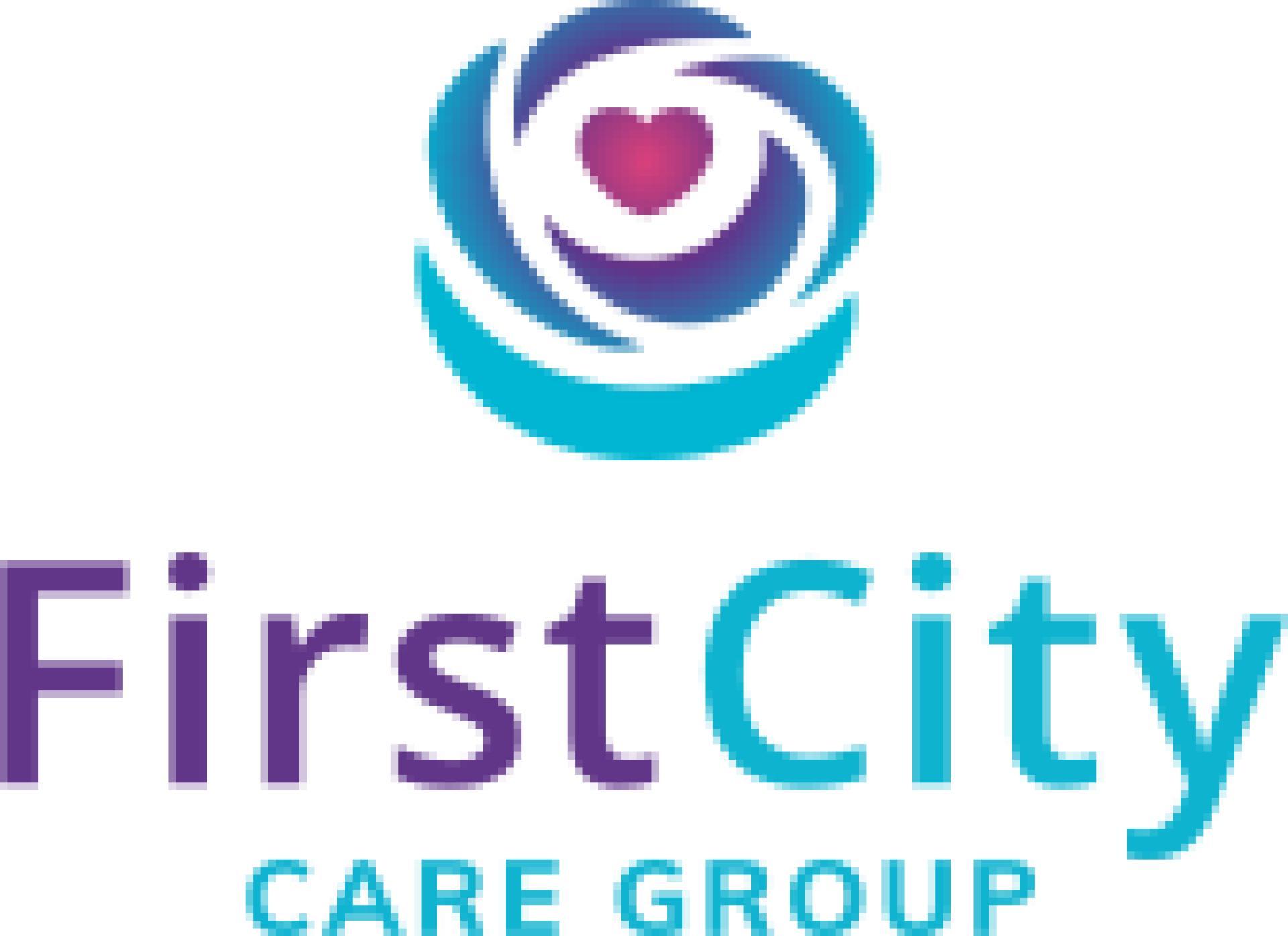|
Document |
Technology & Innovation Strategy |
|
Date |
February 2024 |
|
Author |
Joe Bowerbank – Project Manager, First City Nursing (JoeB@firstcitygroup.co.uk) |
Overview:
First City is a community support organisation committed to delivering exceptional care experiences and facilitating change and development across the health & social care sector. This Technology and Innovation Strategy outlines the key principles, processes, and considerations for adopting innovations, including the use of AI, to enhance the quality of care, improve operational efficiency and support integrated care systems.
Key Principles:
First City has always maintained a commitment to innovation and the adoption and implementation of ‘alternative methodologies’ for those that require care and support. In some cases, these may replace or reduce traditional face-to-face care; in others, these will supplement what is already being delivered to meet the customer’s assessed needs. First City will always put the individual at the heart of the innovation. All initiatives and developments will be co-produced with significant and wide-ranging input from those that use, or will use, the services in question. First City will not innovate for the sake of innovation – we will ensure that the benefits to the adoption of new ways of working are clear – whether these are benefits to the customer, First City, the wider provider market or local health & social care systems.
The key principles of this way of working are:
- Enhancing the Care Experience:
- Prioritize innovations, including AI applications, that directly contribute to improving the overall care experience for service users.
- Seek technologies that empower individuals, promote independence, and foster a sense of well-being.
- Co-production of all news ways of working. Ongoing review of successes/areas for improvement.
- Operational Efficiency:
- Identify and implement AI solutions that streamline administrative tasks, reduce paperwork, and enhance operational efficiency.
- Freeing up staffing capacity through reduction/alternatives to face-to-face care.
- Reduction in travel time and associated costs.
- Leverage AI innovations to optimize resource allocation, staff scheduling, and communication.
Ethical Considerations:
- Prioritize AI innovations that align with ethical guidelines and uphold the dignity, privacy, and autonomy of customers.
- Ensure responsible data usage and adherence to privacy regulations in AI implementations.
- Reducing waste – carbon footprint, reduction in use of paper and other materials (i.e. PPE equipment).
- Person-Centered Approach:
- Involve customers in the identification, evaluation, and testing of AI innovations. Co-produced services from the outset.
- Consider feedback and insights from customers to tailor AI solutions to their unique needs.
Innovation Process (how we will get there):
- Idea generation:
- Encourage a culture of innovation within the organisation, including AI-driven solutions, through regular brainstorming sessions and idea-sharing.
- Business Case Development:
- Requirement for comprehensive business cases for proposed AI innovations, outlining the issue (if there is one), proposed solution/improvement, benefits, and potential challenges.
- Evaluate how each innovation aligns with the organisation's mission and goals.
- Identification of Key Business Areas:
- Analysis of where tech and innovation can enhance areas of First City’s business areas and system i.e Brokerage, Market Management, Find My Care, Finance, Recruitment.
- Alongside internal business areas, identify external areas - for example - acute settings, Community Health services, fellow care and support providers, voluntary sector. Identify technological and non-technological innovations for proposal/development.
- Cost-Benefit Analysis:
- Conduct a thorough cost-benefit analysis for each proposed innovation.
- Assess the short-term and long-term financial implications, including potential return on investment (ROI).
- Project Management:
- Dedicated resources allocated to initial governance considerations and ongoing project management.
- Clear timelines and success criteria monitored and reported upon.
- Stakeholder Consultation:
- Consultation with key stakeholders, including customers, staff, and management, to gather diverse perspectives on proposed innovations.
- Consider the ethical implications and potential impact on different stakeholder groups.
- Approval and Implementation:
- Obtain formal sign-off on the business case and cost-benefit analysis for innovations from relevant decision-makers.
- Develop a phased implementation plan, including training programs and support for staff.
- Monitoring and Evaluation:
- Implement robust monitoring and evaluation mechanisms to assess the effectiveness of innovations.
- Continuously gather feedback from customers and staff to refine and improve AI technologies.
- Regular key milestones and key performance indicator/success measure reporting to stakeholders as appropriate.
- Scale and Spread:
- Successful innovations may be scaled and spread across different service areas, promoting best practices within the organisation.
Examples of Potential Innovations:
- Telehealth Solutions:
- Implement telehealth and TEC-enables platforms to enhance (and/or replace) current models of face-to-face care. Virtual monitoring systems and virtual video calls as an alternative to a care visit.
- AI Rostering:
- Develop and implement AI-rostering system for the management of scheduling care (including TEC-enabled care).
- Digital Health Records with AI Integration:
- Transition to AI-powered electronic health records to enhance information sharing among healthcare professionals and enable predictive analytics for proactive care.
- IoT and Smart Devices with AI Analytics:
- Explore the use of AI analytics in conjunction with IoT devices and smart technologies to monitor and manage the well-being of customers.
- AI-Enhanced Mobile Applications:
- Develop AI-powered mobile applications for predictive health monitoring, providing timely insights and support for customers and their families.
- AI-Driven Virtual Assistants:
- Integrate AI-driven virtual assistants to assist with administrative tasks, scheduling, and personalized communication, enhancing the efficiency of care delivery.
Data Protection and Cybersecurity Considerations:
- Compliance with Data Protection Act:
- Ensure strict compliance with the Data Protection Act, safeguarding the rights and privacy of individuals whose data is processed.
- Implement robust data protection policies and procedures, including secure storage, transmission, and disposal of personal information.
- Adherence to NHS Best Practices:
- Align data handling practices with NHS best practices for the use of personal data in healthcare settings.
- Stay informed about updates and guidelines issued by NHS Digital regarding data protection and cybersecurity measures.
- Cybersecurity Measures:
- Implement state-of-the-art cybersecurity measures to protect against unauthorized access, data breaches, and cyber threats.
- Regularly update and patch software systems to address potential vulnerabilities and ensure the resilience of IT infrastructure.
- Staff Training and Awareness:
- Provide comprehensive training to staff members on data protection, cybersecurity best practices, and the responsible use of AI technologies.
- Foster a culture of cybersecurity awareness, encouraging staff to report any potential security risks promptly.
- Data Encryption and Anonymization:
- Utilize encryption methods to protect sensitive data during storage and transmission.
- Explore anonymization techniques to minimize the risk of identifying individuals through data analysis.
- Incident Response Plan:
- Develop and regularly test an incident response plan to address potential data breaches or cybersecurity incidents promptly and effectively.
- Establish communication protocols to notify relevant parties, including customers, in the event of a data security incident.
Conclusion:
This Technology and Innovation Strategy, including the integration of AI, serves as an initial roadmap for adopting and integrating innovative solutions that enhance the care experience and operational efficiency within First City Nursing
By embracing a user-centric, ethical, and technologically advanced approach, we aim to redefine the standards of care and continuously improve the well-being and satisfaction of customers.
First City will look to share learning across local and regional health & social care systems, with ongoing analysis of success measures and further opportunities within the sector.










You can also use your social account to sign in. First you need to:
Accept Terms & Conditions and Privacy Policy.